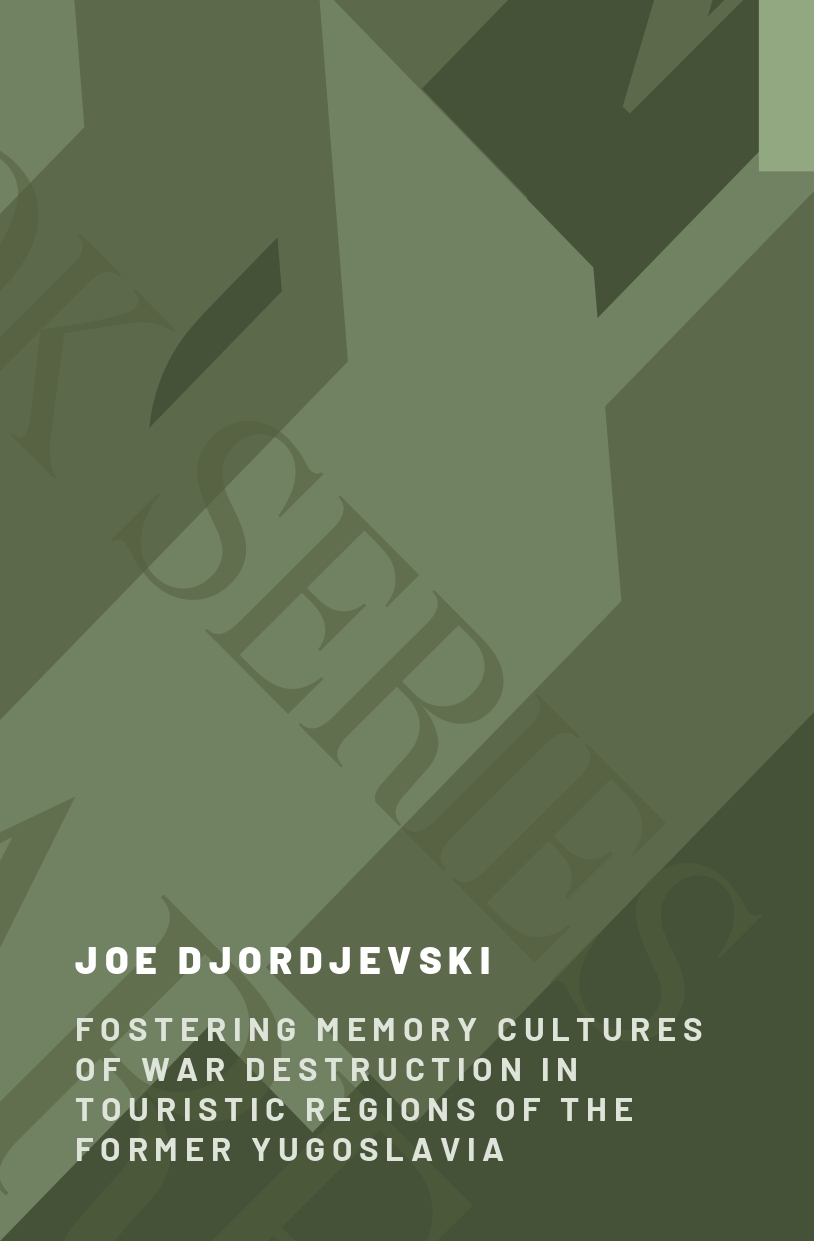
Fostering Memory Cultures of War Destruction in Touristic Regions of the Former Yugoslavia
European integrations: Chapter 23, Chapter 27, Chapter 31 SDGs: SDG 11, SDG 12, SDG 16 Author(s): Joe Djordjevsk Thematic Area: Active Citizenship and Democratic Institutions, Creation and Politics of Space Published: 2024 ISBN: 978-86-82324-75-1 Pages: 16 Language: English Publisher: Institute for Philosophy and Social Theory, University of Belgrade Tags: book | More DetailsThis study examines the public memory of war destruction in the former Yugoslavia, focusing on the environmental impacts of the Wars of Yugoslav Succession (1991–1999) in touristic regions. The research highlights how these environmental damages, often invisible in official narratives, have long-lasting effects on both landscapes and local populations. Despite the significant and ongoing consequences—such as landmines, chemical pollution, and environmental degradation—these issues remain largely absent from public memory and tourism strategies in the region. The study argues for the inclusion of environmental war damages in the cultural and memorial landscape of tourist destinations, positing that such inclusion can foster reconciliation, education, and cooperation across national boundaries. This approach is aligned with the sustainable development goals (SDGs), particularly those focused on peace (SDG 16), sustainable cities and communities (SDG 11), and responsible consumption and production (SDG 12). Furthermore, the integration of environmental memory into tourism narratives is relevant to the EU integration process, particularly in areas related to environmental protection (Chapter 27), regional cooperation (Chapter 31), and human rights (Chapter 23). By broadening the scope of memory cultures in these regions, the study advocates for a more holistic, inclusive, and transformative approach to both historical remembrance and policy development, contributing to the broader goals of reconciliation and sustainable development.
Back
